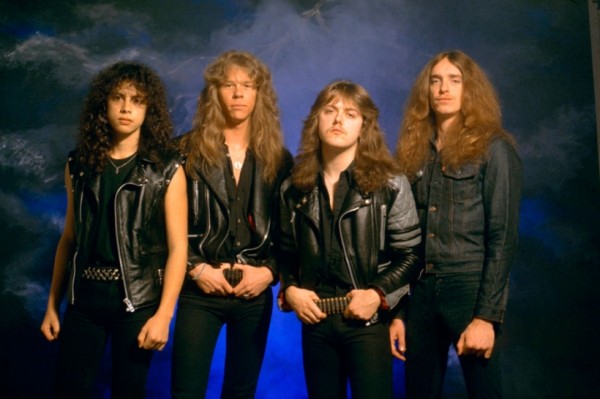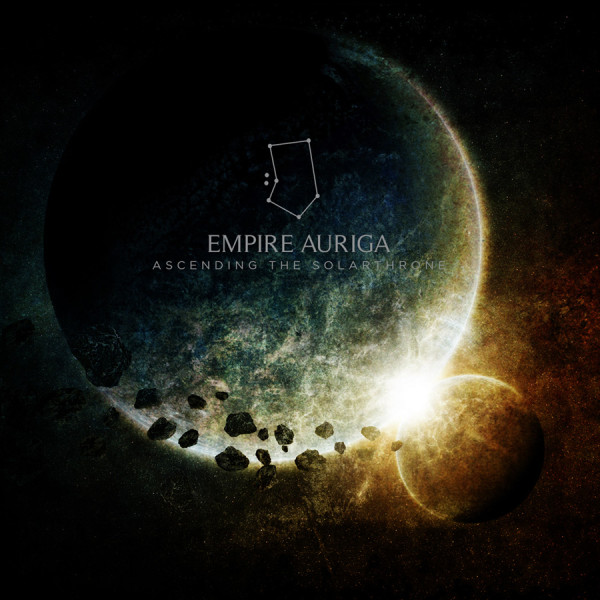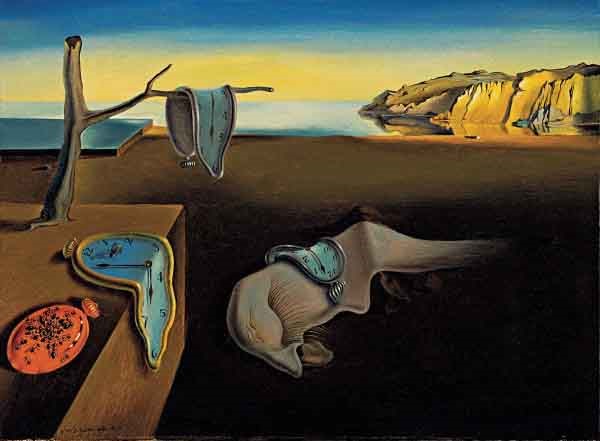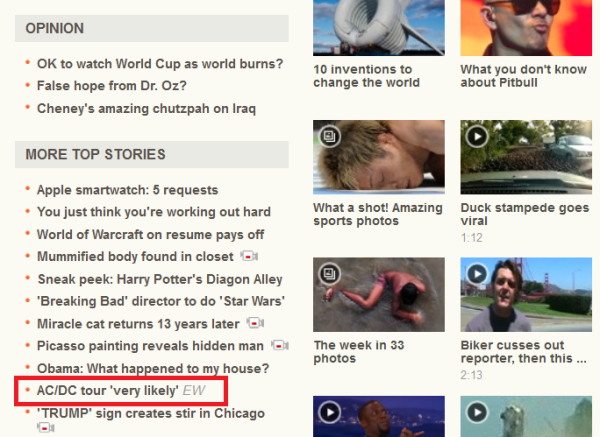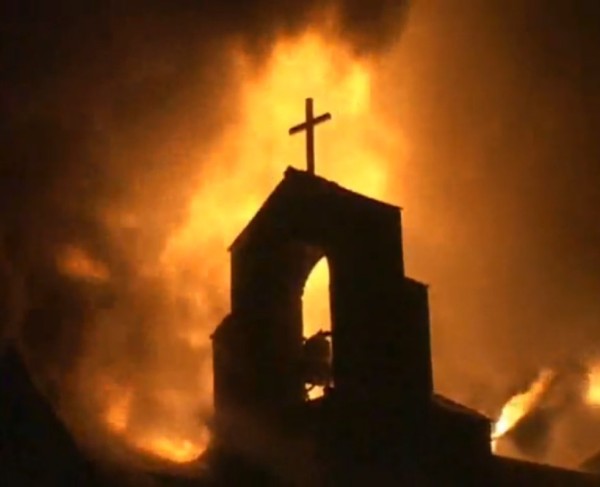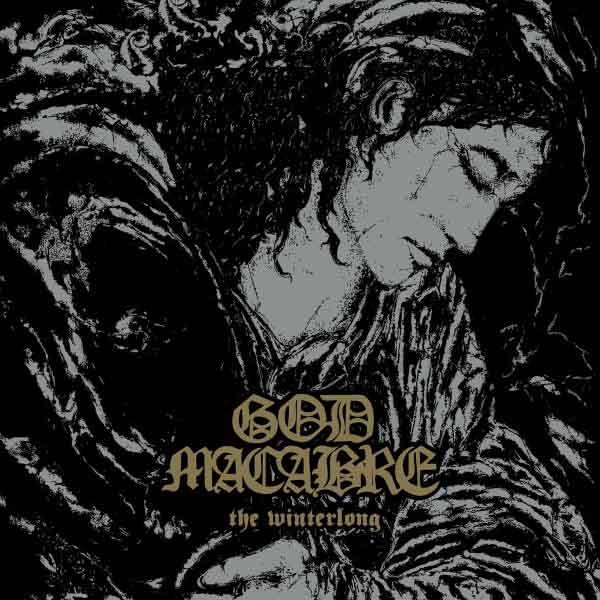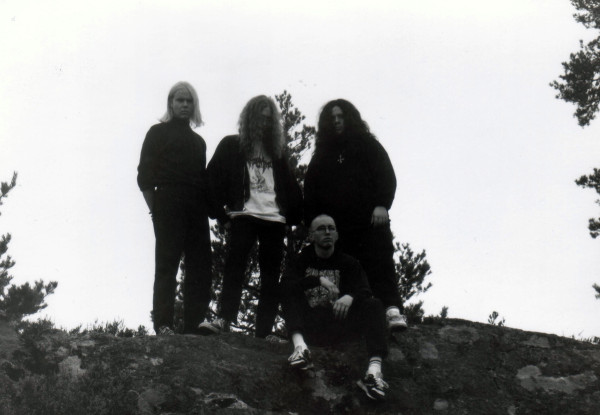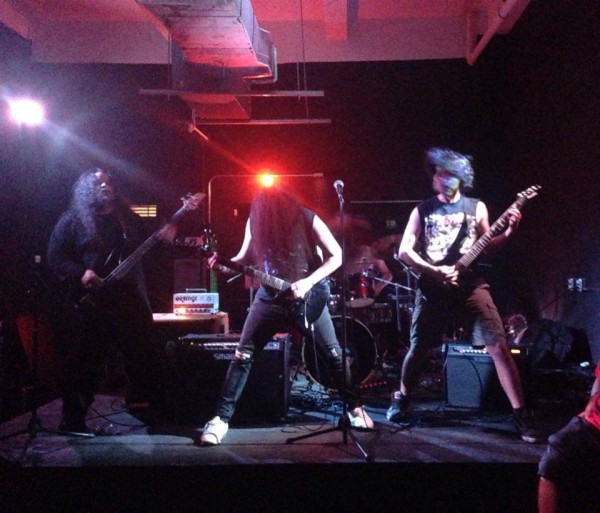Attitudes toward metal differ between Europe and the United States with the UK in the middle. One thing remains certain: until metal started prettying itself up with accepted genres like lite-jazz and indie rock, and adopting socially cherished “civilized” attitudes, it got nowhere on a big scale.
In vaunted music magazine NME Lars Ulrich (Metallica) attacks the perceived class divide between hard rock/heavy metal fans and the “sophisticated” mainstream rock audience:
In an interview for BBC 6 Music, the Metallica drummer and founding member complained about the media’s attitude to hard rock. He continued: “People have short attention spans in 2014… They like things broken down into easy, digestible sound-bites. It’s like, Metallica at Glastonbury, what’s the sound-bite? ‘Here comes the big bad heavy metal band to our precious little festival.’ I don’t think it’s genuinely like that… but there obviously are people who snub their nose a little bit at hard rock, and look at hard rock as inferior or lower-class, some sort of lower music form or something, and [think] that the people who listen to hard rock are less educated.”
Speaking about the same festival, the Glastonbury pop fest in the UK, Bruce Dickinson (Iron Maiden) voiced a similar viewpoint but more from another angle — mainly an angle of attack:
He said: “In the days when Glasto was an alternative festival it was quite interesting.
“Now it is the most bourgeois thing on the planet. Anywhere Gwyneth Paltrow goes and you can live in an air-conditioned yurt is not for me.
“We’ll leave the middle classes to do Glastonbury and the rest of the great unwashed will decamp to Knebworth and drink lots of beer and have fun.”
American fans are used to this. In movies and books we are portrayed as the blue collar dropouts who work in garages and smoke too much dope to compensate for failure at life. This reveals both a snobbery against blue collar labor that is unconscionable, and the pretense of those making the distinction. They like to think they’re elevated to a higher grade of person because they’ve choked down eight years of education and work in office jobs (and only smoke expensive dope from exotic locales).
This stereotype both serves media interests and belittles metal. It enables the media to have an easy cue for its “bad boy” characters and to sell products based on that “rebel without a clue” image, but it also lets them subtly inform the rest of us that they, the writers and producers, are obviously much higher in the evolutionary chain than us neanderthals.
Indie rock and lite-jazz appeal to such people. The more precious and deliberately weird their music is, the more “educated” they assume they are. In the meantime, it’s metal fans out there who not only keep music from falling into an abyss of self-congratulatory clones, but also keep our infrastructure running. Whether we’re blue collar or something else, we’re realists… and we make sure stuff works while the rest of these clowns are posing.
2 CommentsTags: bruce dickinson, class, hard rock, Heavy Metal, iron maiden, lars ulrich, metal, metallica
